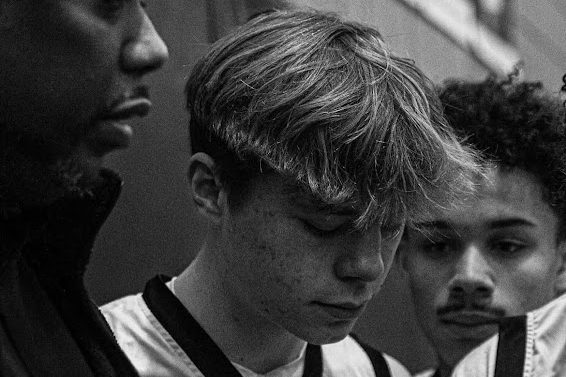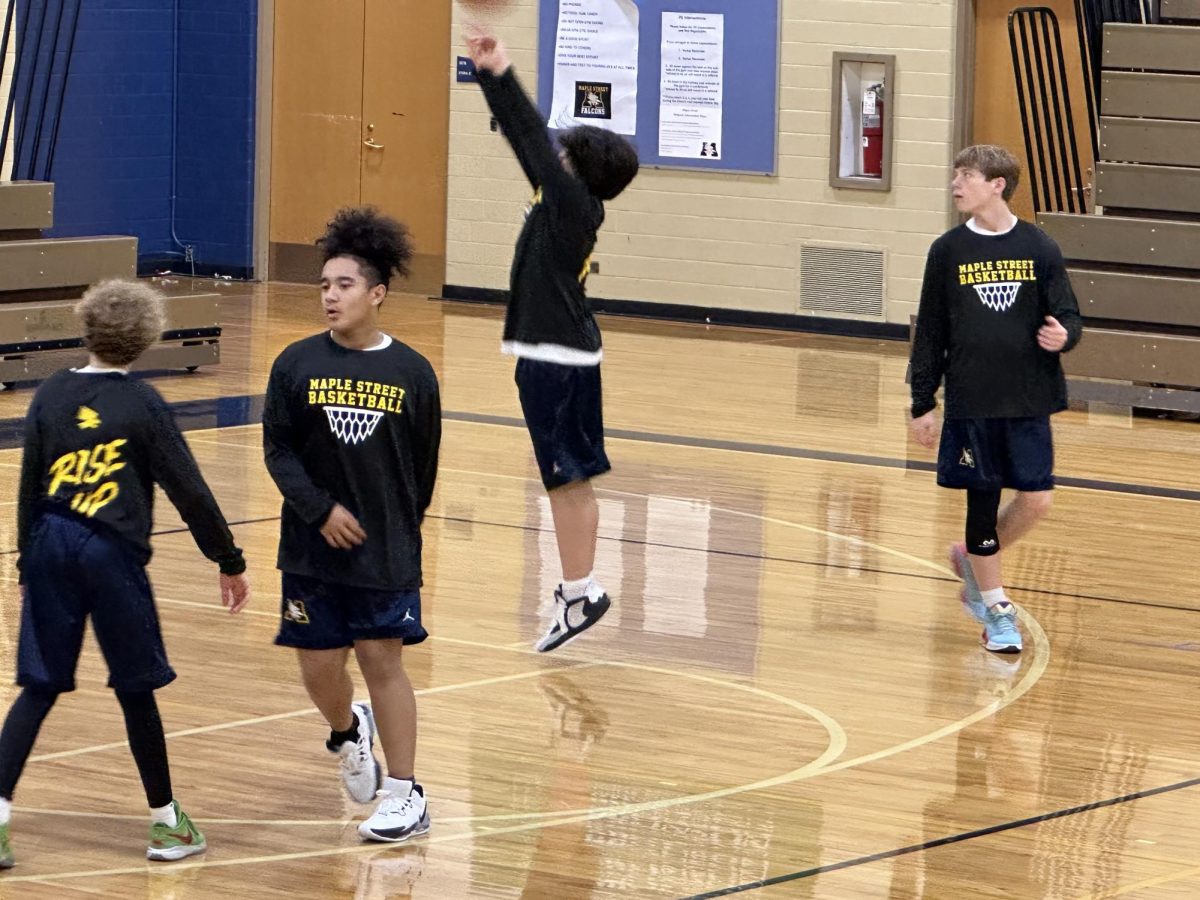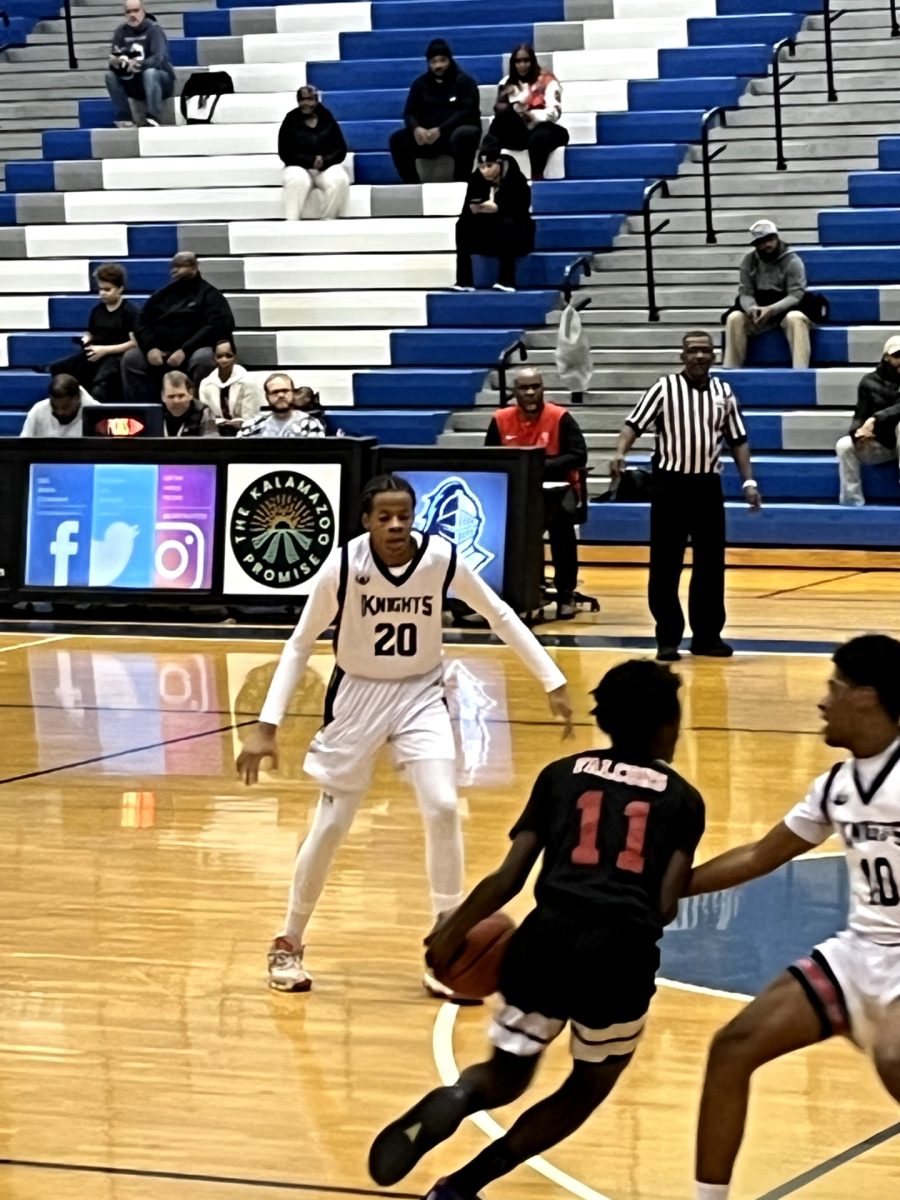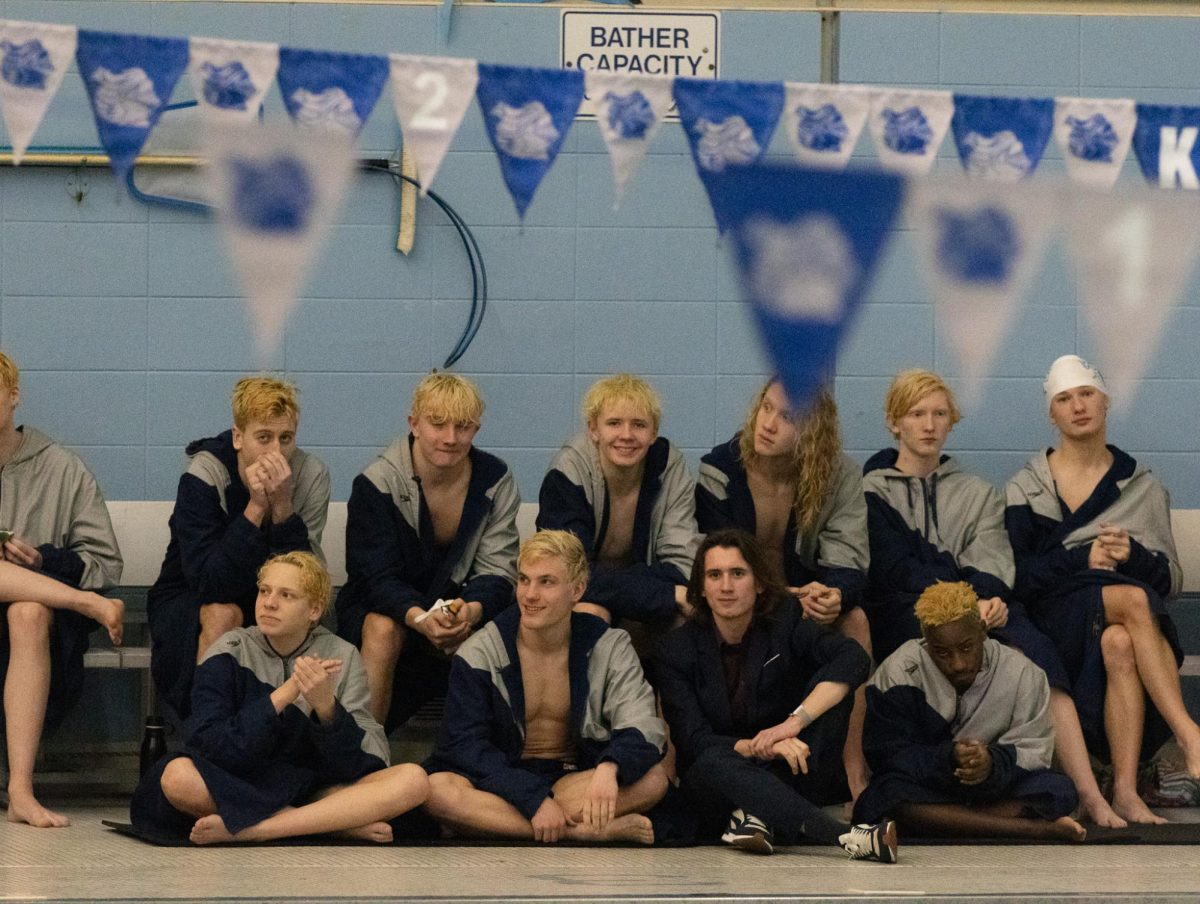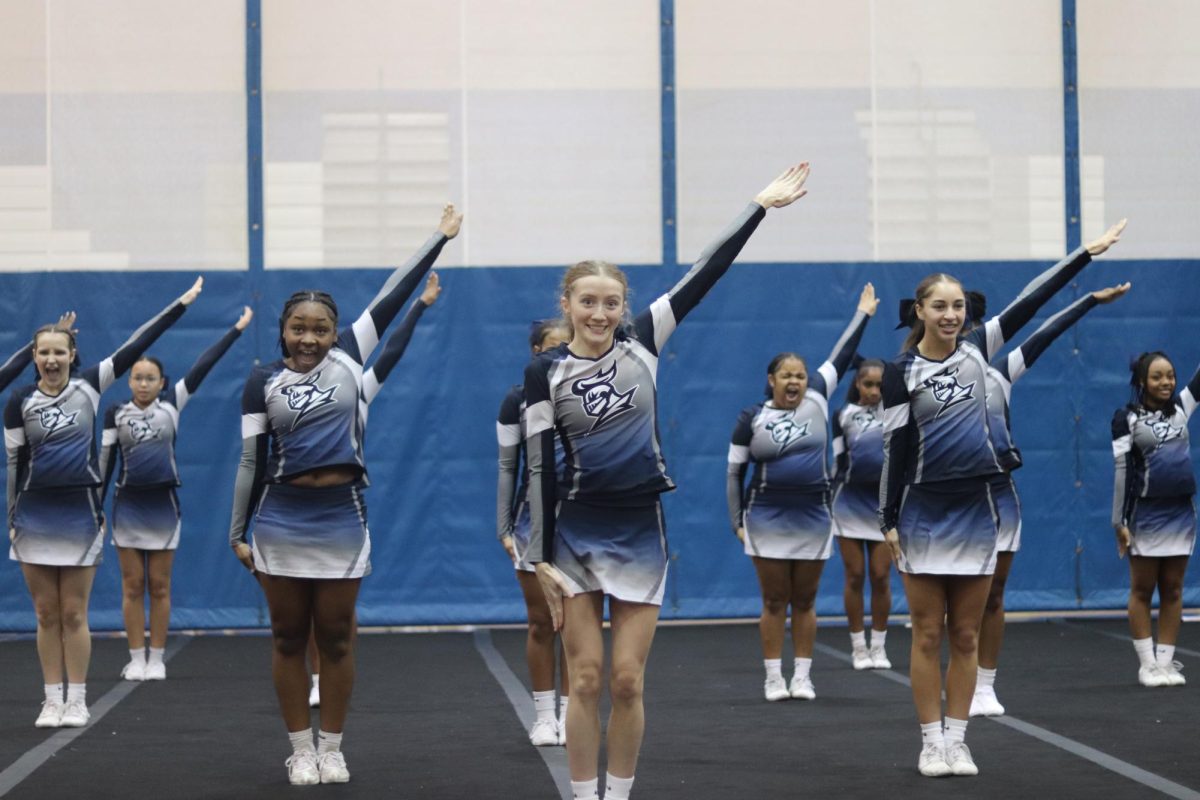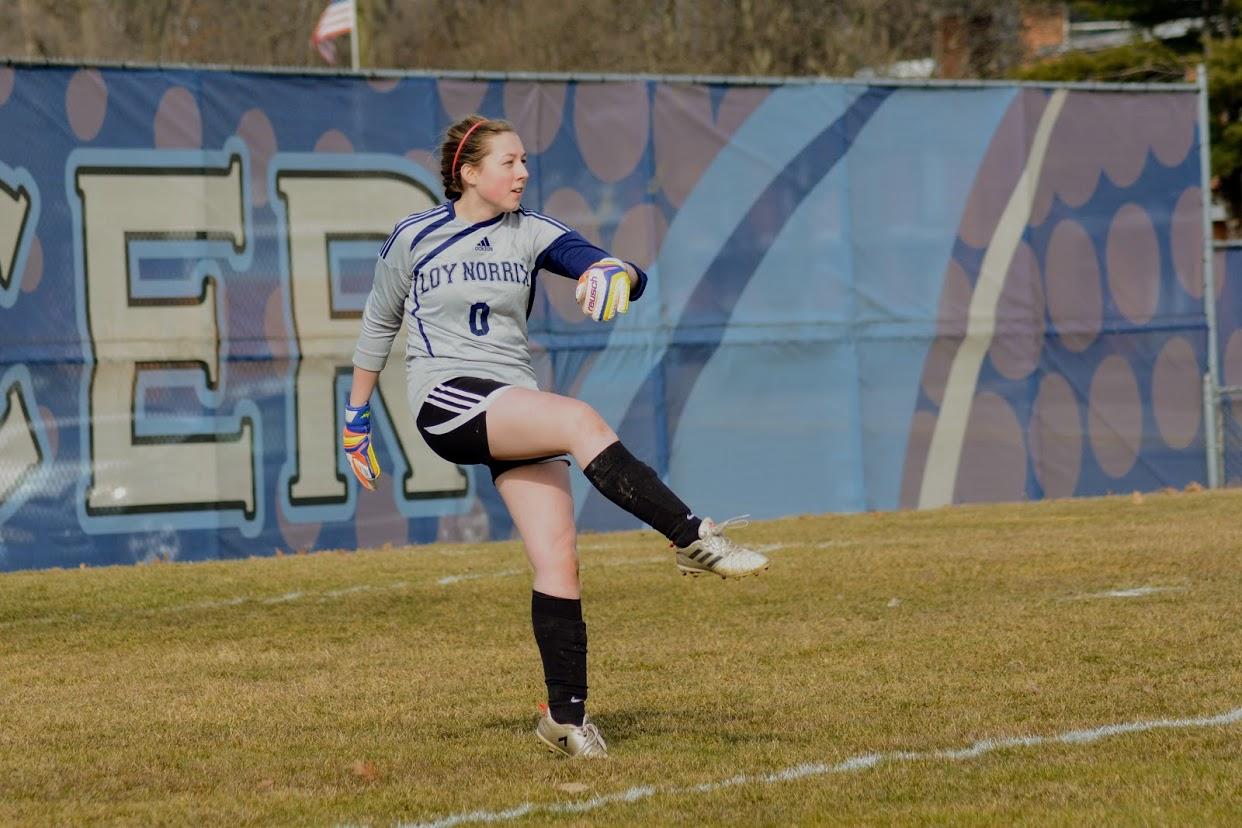
Because of the rain, the soccer field feels different. It smells like wet soil, and water drops are still falling from the sky. After almost three days, the first rays of sunshine reflect on the grass. The temperatures are still low, but not even the weather could stop the women’s soccer team from training. The team trains at least twice a week and always works hard to win every game. However, most of the time they don’t receive the recognition they deserve.
The Sport Journal claims that women in sports challenge gender stereotypes. They are an inspiration for many girls and display men and women as equals. Women are a part of sports more than they have ever been before.
During the Olympics of 1900 in Paris, only 2% of the athletes were women while in 2016, over 100 years later, women were 45% of the total and represented their countries in every sport.
However, the Women’s Sport Foundation explains that sports are still far from equal. Women all around the world receive fewer opportunities, less training, smaller investments, less acknowledgement and reliability when playing sports.
Regardless of the limitations women often face, it’s becoming more and more common for women to play sports. Junior Riley Dominianni, who has been playing soccer since she was three, puts into words her experience playing.
“It wasn’t necessarily difficult for me to start playing soccer, but I’ve definitely heard my fair share of ‘don’t run like a girl’ comments from male coaches,” said Dominianni.
According to the article “Playing too Womanly and the Problem of Masculinity in Sports,” discrimination in these activities begins among children. This same article claims that girls are frequently excluded from sports and tend to receive less early instruction. The lack of popular female athletes comes from women having to endure a number of challenges such as facing judgement or constantly hearing derogatory comments like “throw like a girl” or “run like a girl,” which can make girls feel like they are lacking ability for sports.
Lindsey Hill, the coach of the lacrosse female team, explains how sports are impacted by social assumptions about gender.
“Women’s lacrosse in general has different rules than men. For example women’s lacrosse is a no contact sport while young men playing lacrosse are able to push, hit each other with their lacrosse sticks, and ‘lay out’ another player by a defender if the offender holds the ball,” Hill said. “I do not agree that that is fair for men and women’s lacrosse to have different rules especially based on this size and skill level assumption. I do feel discriminated against in this sports because I am a female and not receiving the same rules and regulations.”
The Sport Journal wrote that there’s an unconscious social conviction that sports are just a masculine activity, and often the only way in which society accepts a competent female athlete is by making assumptions about her sexuality. Besides the social stigma, the Women’s Sports Foundation found that young girls have 1.3 million fewer opportunities to play high school sports than boys have, and because of this, girls are dropping from sports at two times the rate of boys by the age of 14.
“I think that there is an assumption that since males are biologically stronger and naturally have more muscle mass, they’re more competitive in sports,” said Dominianni. “However, I feel like women are just as competitive and take sports as seriously as men do.”
Even if a woman makes it through high school and continues to play sports professionally, this does not mean that things are going to be any easier for her. In the opinion of Susan K. Cahn, a professor at the University of Buffalo who specializes in the history of women in sports, media sexualization of female athletes is more common than what we might think. Media and advertisements are failing to recognize women’s accomplishments and tend to set the focus on their bodies instead.
“I think the media emphasizes on sexualizing national women athletes,” said senior Hannah Sherman, who began playing soccer the age of seven and has been part of numerous teams since then. “We often see women in magazines posing provocatively with their fit bodies as a main focus. However, I think that will change with time.”
Jo Ann Buysse, the Director of Sport Studies at the University of Minnesota, and Melissa Embser-Herbert, a researcher on gender and sexuality, analyzed media cover photographs of women’s sports over the years and they found that primarily women were portrayed as performance athletes, focusing on their beauty and sex appeal over their athletic skills. They say that this “further distances the image of women athletes from athletic competence.”
Moreover, a study examining ESPN’s SportsCenter discovered that only 1.4% of SportsCenter’s coverage and 1.6% of the local networks’ coverage were of women’s sports. This contributes to the reason why female athletes have to embrace the media’s objectification to gain publicity and money.
The lack of promotion leads to a significantly lower attendance to actual games and events than in men’s sports, so there’s a serious pay gap between men and women in sports. According to the American Bar Association, the maximum salary for Women’s National Basketball Association players is $111,500 while the minimum salary for National Basketball Association players is $525,093. This means is that if you combine the salaries of the four most popular players of the WNBA, together they make less than the most unknown player on any NBA team. This is also true for soccer, in fact the women’s national team has sued U.S Soccer for gender discrimination in federal court.
A report conducted by Women in Sports has revealed that 40 percent of women experience gender discrimination in the sports industry. This same report shows the lack of women in sports gives rise to the image of women as naturally inferior than men and contribute to social and institutional discrimination.
“I definitely think it’s important that women play sports,” said Sherman. “I feel like sports should be for everyone. It doesn’t really matter who you are.”


